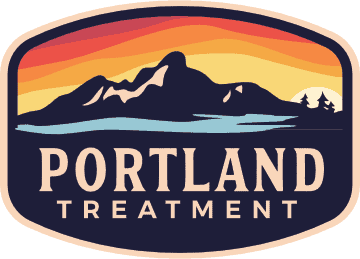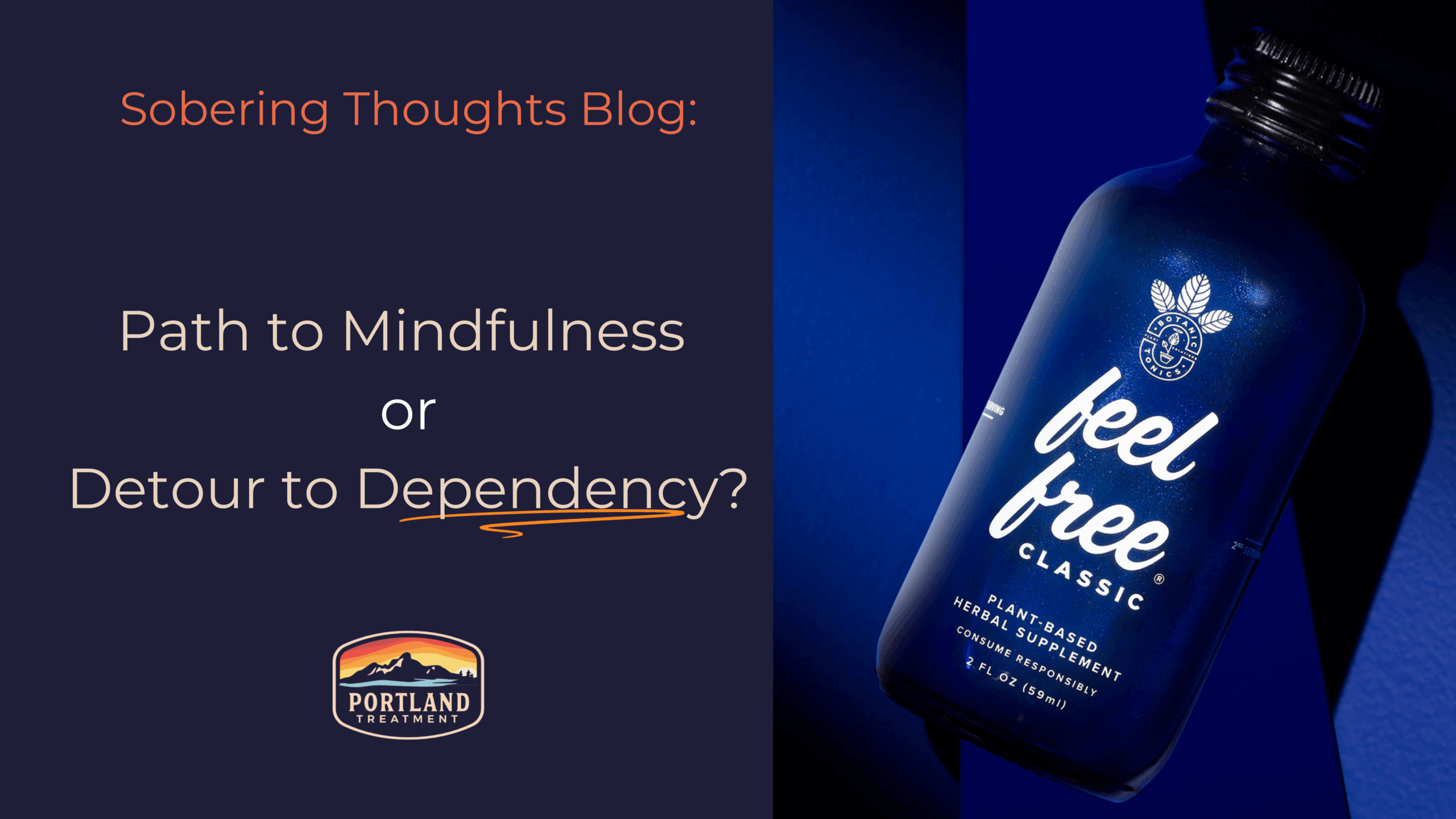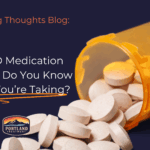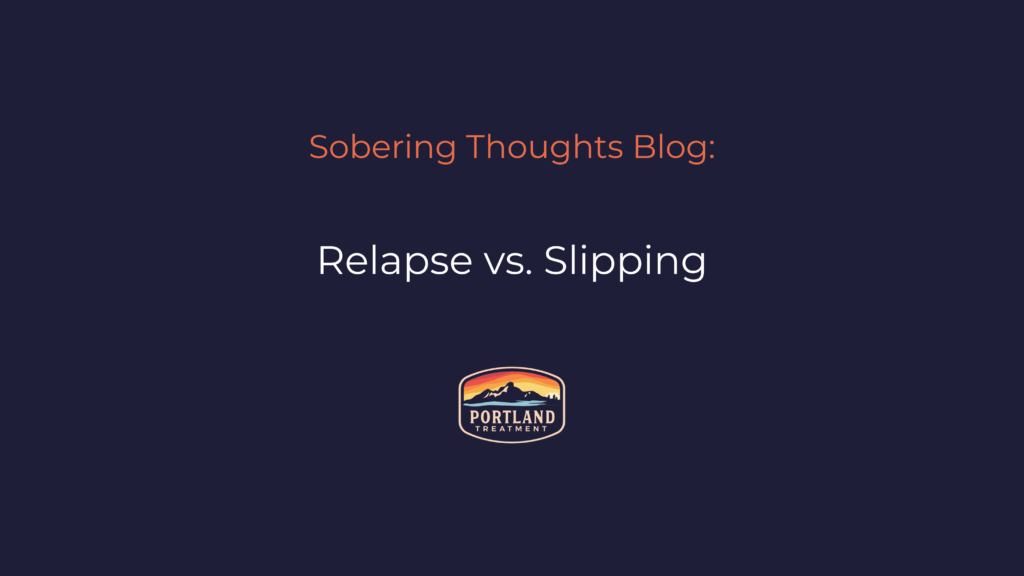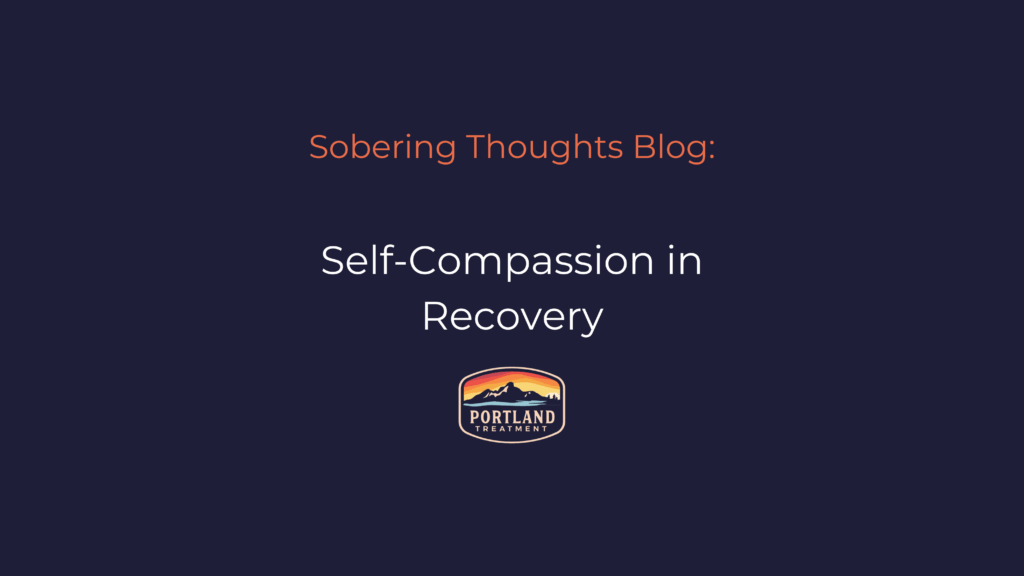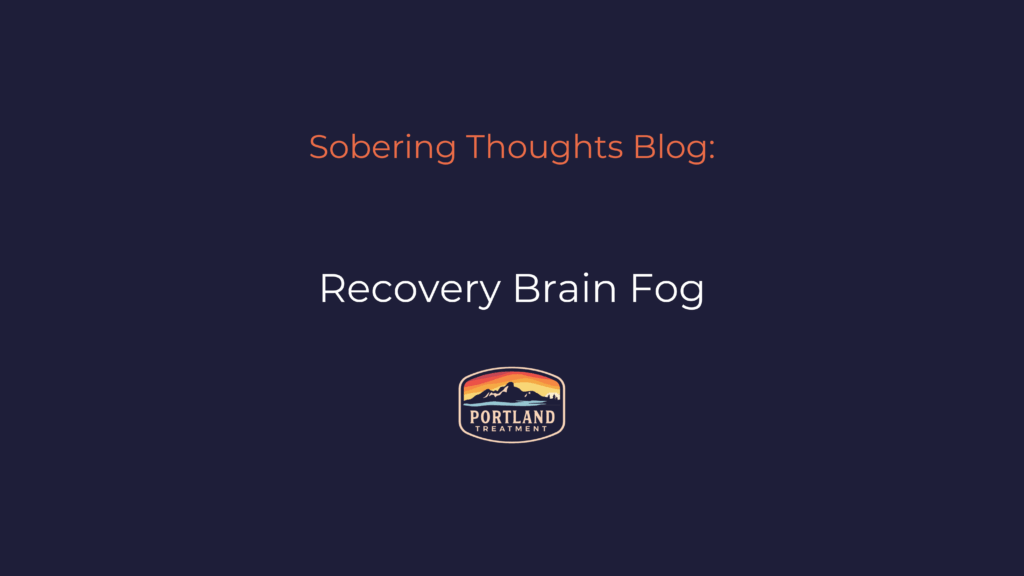Kratom (Mitragyna speciosa) is a plant commonly sold at convenience stores across Maine. While marketed as a natural supplement or mood-boosting tonic, concentrated versions, like the bottled extract "Feel Free Classic", have led to reported addiction and severe withdrawal symptoms [CBS News, 2024][1]; [Guardian Wellness, 2024][2]. What Is All the Fuss About "Feel Free"? "Feel …
Kratom (Mitragyna speciosa) is a plant commonly sold at convenience stores across Maine. While marketed as a natural supplement or mood-boosting tonic, concentrated versions, like the bottled extract “Feel Free Classic”, have led to reported addiction and severe withdrawal symptoms [CBS News, 2024][1]; [Guardian Wellness, 2024][2].
What Is All the Fuss About "Feel Free"?
“Feel Free Classic”, often sold at gas stations and vape shops, is promoted as an alcohol alternative or herbal mood enhancer. Users have shared stories of consuming multiple bottles per day, sometimes spending hundreds of dollars daily, and experiencing intense withdrawal that mimics opioid dependence, even though they believed they were using a “safe” beverage [CBS News, 2024][1]; [Guardian Wellness, 2024][2].
A class-action lawsuit alleges that the company behind “Feel Free” misrepresented its safety profile, with some users becoming physically dependent despite the drink being marketed as non-addictive [Top Class Actions, 2023][3].
Why "Feel Free" Drinks Are Especially Risky
Deceptive Marketing: Some users were unaware they were consuming kratom at all, the ingredient is often listed in fine print or hidden on labels, while promotional materials focus on kava or wellness messaging [Guardian Wellness, 2024][2].
Concentrated Potency: Extracts may contain high doses of kratom alkaloids like mitragynine or 7-hydroxymitragynine, far stronger than traditional leaf powder, increasing dependence risk [Gaurdian Wellness, 2024][2]; [KCRA, 2025][4].
Targeted Promotion: Ads have specifically marketed “Feel Free” to individuals in recovery from alcohol, paradoxically creating a risk of substitute dependence [Top Class Actions, 2023][3].

Signs of Kratom or Feel Free Dependency in Maine
Look out for:
Daily use or multiple bottles per day
Increasing tolerance and needing more for the same effects
Withdrawal symptoms such as nausea, anxiety, chills, or flu like fatigue
Feelings of urgency, needing a bottle first thing in the morning
Social withdrawal or secrecy, especially around the habit
How Portland Treatment Is Helping "Feel Free" Drink Addiction in Maine
Levels of Care for Feel Free Addiction in Southern Maine:
If you’re in Maine or surrounding areas and notice these patterns, especially if using Feel Free drinks or similar kratom products, our team can help you:
Assess whether kratom related dependence is present
Provide compassionate care and tailored therapy to help recover from Feel Free
Help manage withdrawal safely
Call us today and we can help you on your path to truly feel free from substances.
FAQ's About Feel Free
Is Kratom legal in Maine?
Yes, but that doesn’t mean it’s safe. Unlike FDA-approved medications, kratom drinks like “Feel Free” are largely unregulated.
Can Feel Free Actually Cause Addiction?
Yes. Multiple user accounts and legal filings describe users experiencing dependence, where stopping use led to physical and mental distress within days [CBS News, 2024][1]; [Top Class Actions, 2023][3].
Are traditional Kratom products safer?
No, though extract shots carry higher potency and less transparency. Concentrates like Feel Free are more likely to cause rapid dependency. But, Kratom being unregulated and proven to create dependency shows that they are not necessarily “safer”
Sources:
- CBS News. (2024, November 2). Kratom drink Feel Free Classic leads to dependency. Retrieved from https://www.cbsnews.com/news/kratom-drink-feel-free-botanic-tonic-addiction/
- Guardian (Wellness). (2024, August 30). The wellness drink for sober people some say they can’t stop drinking. Retrieved from https://www.theguardian.com/wellness/article/2024/aug/30/feel-free-sober-drinking-dependency-kratom
- Top Class Actions. (2023, April 7). Class action alleges Feel Free falsely advertised as non-addictive kratom drink. Retrieved from https://topclassactions.com/lawsuit-settlements/consumer-products/beverages/botanic-tonics-class-action-claims-feel-free-drink-falsely-advertised-as-non-addictive/
- KCRA. (2025, April 24). Doctors warn kratom extracts in gas stations are “gas station heroin”. Retrieved from https://www.kcra.com/article/
